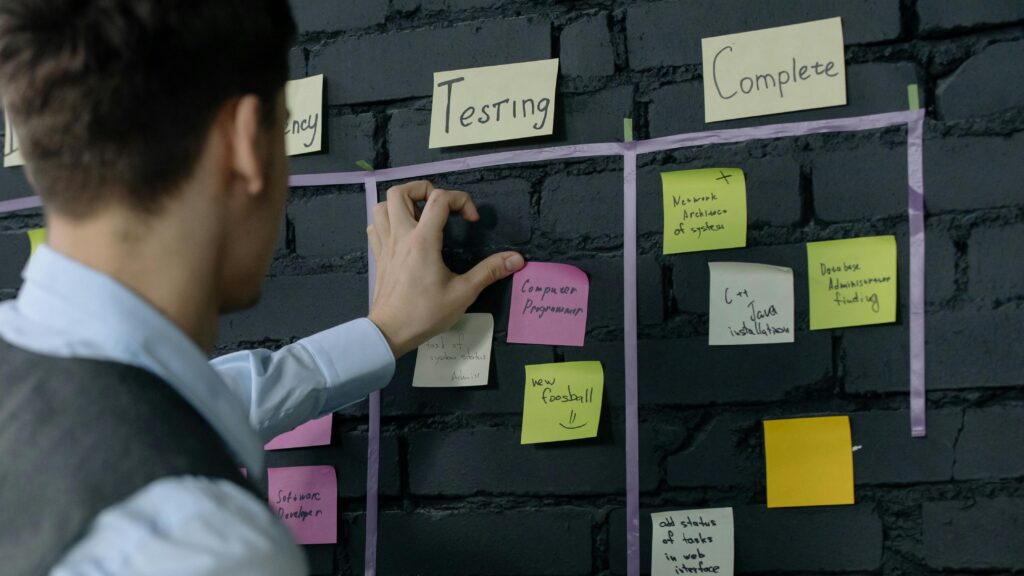Test Activities in Software Development
When I build software, I never just write code and hope it works. Testing is part of every stage. It helps me find issues, ensure quality, and deliver dependable results. But testing is more than bug hunting — it’s a structured cycle. I plan, design, execute, and document every step. These Test Activities in Software Development keep me organized, aligned, and efficient. No matter the project or industry, repeating them in each iteration guarantees continuous improvement and reliable outcomes.
Test Activities in Software Development Read More »











